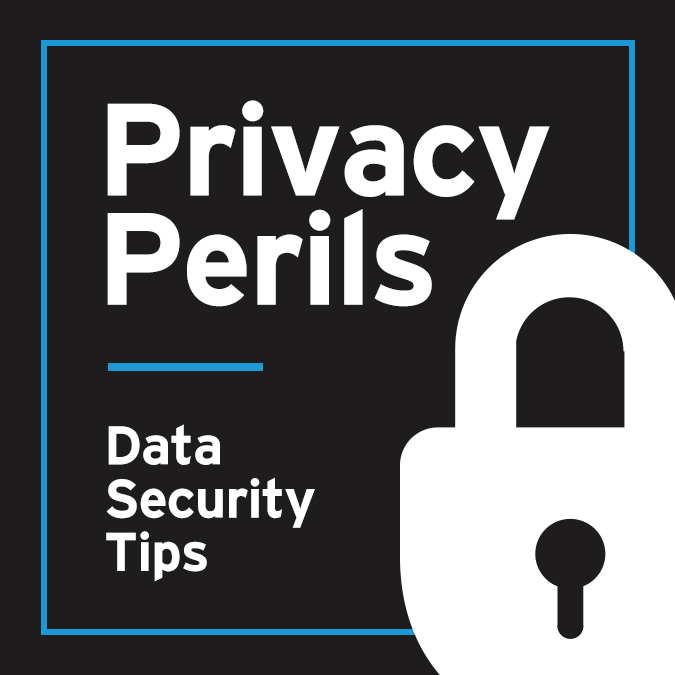People love a good discount, which is why almost 75% of adult Americans are signed up for at least one customer loyalty program. We love to rack up points with airlines for a seat upgrade, get a free Starbucks latte on our birthday, or discounted shampoo from Walgreens — all using customer rewards programs. However, how much of our privacy do we trade for that “free” latte or $1.00 off a bottle of shampoo? What are we giving away?
When a consumer enrolls in any loyalty program, that person is entering into an agreement with the company that allows the business to collect a tremendous amount of highly detailed personal data, including age, gender, address and household size. Every time you use your loyalty account, your transaction is recorded. Over time, the business is able to create a profile of your buying habits: what you buy and when, how full your shopping cart is, how much you spend and how you pay. By tracking that you always shop after 6:00 or on the weekends, it can figure out that you work during the day. The actual items in your cart give the retailer significant insight into the “real” you, your family, your likely income level, etc. — do you buy wine and beer a few times a week or just once a month? Do you only purchase organic fruits and vegetables, as well as eco-friendly cleaning products? Did you recently start buying diapers?
Big data about consumers is valuable — particularly when large volumes are pooled together and analyzed. After collecting and analyzing big consumer data for a number of years, one foreign drug store chain began selling branded insurance. The company found that it was able to not only able to use its loyalty program data to develop targeted consumer marketing strategies, but also allowed them to directly target customers who were good insurance risks. When the company compared its consumer transaction records from its customer loyalty program with an underwriters automobile crash database, it found very interesting correlations between shopping habits and insurance risk. For example, the company found that customers who drank a lot of milk and ate red meat were very secure insurance risks versus those who ate pasta and rice, shopped at night and drank liquor. This allowed the company to market insurance directly to the supposedly low-risk customers.
Even if you avoid these programs, to the extent you use a credit card, stores are still collecting data on your purchases and tracking you, but with less detail. To the extent you want to avoid “Big Brother,” pay with cash.
 Check out our series, Privacy Perils, to learn what steps you can take to guard your personal and company data. For more information about this topic and other cyber security concerns, please contact a member of our Privacy & Data Security team.
Check out our series, Privacy Perils, to learn what steps you can take to guard your personal and company data. For more information about this topic and other cyber security concerns, please contact a member of our Privacy & Data Security team.


